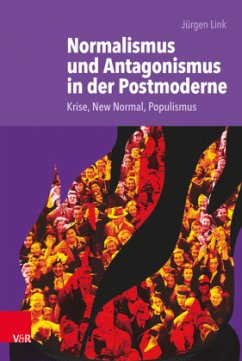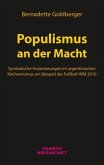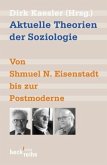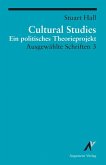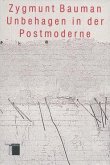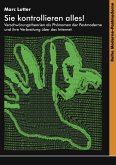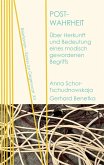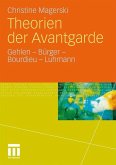The compound terms formed with post- from Postmodernity through Postdemocracy to Postcrisis as the New Normal can be seen as a symptom of theoretical helplessness. These compounds are based on a kind of dialectics which they explicitely refuse: The idea of a New Normal postulates a return to normalcy at the end of the series of crises in the early 21th century, but it states simultaneously that the old normalcy has eventually been lost forever. In order to shed light on this question, theoretical effort is needed: This study proposes the concepts of normalism, interdiscourse, and collective symbolism. Taking seriously Michel Foucault s idea of a theoretical tool box, it introduces a new and operational concept of antagonism alternative to the one which originates from dialectics. Antagonism in an operational definition represents a dynamic of irriversible de-normalization (i.e. loss of normality, failure of normalism). Using these analytical instruments, categories suchas Postmodernity and New Normal can be explained in a new and satisfying manner. The study hereby takes into consideration positions denying antagonism in Postmodernity (e.g. Francis Fukuyama) as well as theories which claim new kinds of antagonism (e.g. Negri and Hardt, Laclau and Mouffe, or Rancière).
These theoretical developments go together with topical analyses of the series of crises after 2001 and particularly after 2007: from the financial crisis through the Euro crisis to the refugees and populism crises. The analytical approach proposed here is particularly apt for studying the role of topical media as well as political discourses in normalization and denormalization processes. As a result, the study proposes a processual scheme of the series of crises as well as a new definition of populism based on the approach of normalism. Finally, it also considers the problems of alternative transnormalistic ways out of the crisis ( flightlines ).
Interspersed with the study are short literary essays on novels dealing with current antagonisms: by Albert Camus, Thomas Bernhard, Sibylle Berg, Stephen King, Jean Marie Gustave Le Clézio, Jonathan Littell, and Michel Houellebecq.
Hinweis: Dieser Artikel kann nur an eine deutsche Lieferadresse ausgeliefert werden.
These theoretical developments go together with topical analyses of the series of crises after 2001 and particularly after 2007: from the financial crisis through the Euro crisis to the refugees and populism crises. The analytical approach proposed here is particularly apt for studying the role of topical media as well as political discourses in normalization and denormalization processes. As a result, the study proposes a processual scheme of the series of crises as well as a new definition of populism based on the approach of normalism. Finally, it also considers the problems of alternative transnormalistic ways out of the crisis ( flightlines ).
Interspersed with the study are short literary essays on novels dealing with current antagonisms: by Albert Camus, Thomas Bernhard, Sibylle Berg, Stephen King, Jean Marie Gustave Le Clézio, Jonathan Littell, and Michel Houellebecq.
Hinweis: Dieser Artikel kann nur an eine deutsche Lieferadresse ausgeliefert werden.

